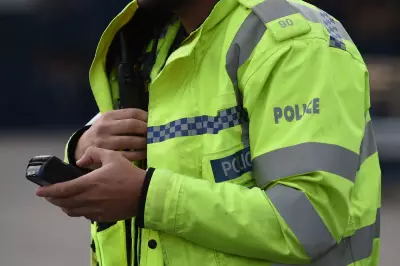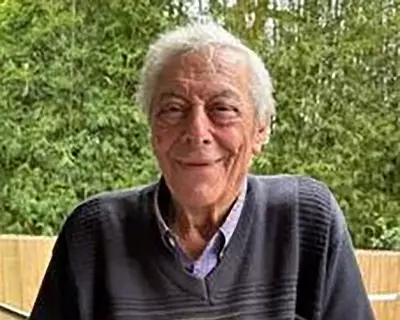
Moss Side Murder Convictions Face Appeal Over Controversial Gang Evidence
The convictions of three young black men for a 2016 murder in Manchester have been referred to the Court of Appeal after new evidence emerged challenging the prosecution's central 'gang narrative'. Durrell Goodall, Reano Walters and Trey Wilson, who were aged 20, 19 and 19 respectively when convicted in 2017, will have their cases reviewed following a decision by the Criminal Cases Review Commission (CCRC).
Controversial Joint Enterprise Prosecution
The case centres on the tragic murder of 18-year-old Abdulwahab Hafidah in Moss Side in 2016. While Devonte Cantrill, then 19, committed the fatal stabbing, seven defendants were convicted of murder and four of manslaughter under the controversial 'joint enterprise' legal doctrine. This law holds all participants in a violent incident equally guilty if they intentionally encouraged or assisted the main perpetrator.
Lawyers representing the men argued in their 2023 application to the CCRC that the prosecution's case relied heavily on portraying them as members of a gang called 'AO' or 'Active Only'. This narrative, they claimed, was based on racist stereotypes of black boys and young men and resulted from institutional racism within the police, prosecution and judiciary.
New Evidence Challenges Prosecution Case
The CCRC determined that fresh evidence 'undermines the gang narrative relied on by the prosecution at trial'. Crucially, the commission found 'a real possibility the Court of Appeal will find the fresh evidence materially undermines the prosecution case'.
During the original trial, Greater Manchester Police and the Crown Prosecution Service presented a rap music video and selected images from the defendants' mobile phones as evidence of gang membership. The trial judge, Sir Peter Openshaw, directed the jury that they could infer gang 'membership or allegiance' if a defendant had the rap video on their phone.
However, subsequent revelations showed that the video was recorded at a publicly funded youth centre where GMP supported initiatives. Young people, including some defendants, participated in making rap music as a constructive activity. No criminal activity such as drug dealing was alleged to have been carried out by the so-called AO gang.
Of the eleven people convicted in connection with Hafidah's murder, five had no criminal records and most were studying at college with good character references. The men and their families have consistently maintained they were not in a gang and did not intend for Hafidah to be killed.
Broader Implications for Justice System
The case has drawn significant political attention, with Lucy Powell, deputy leader of the Labour Party and MP for the constituency where the murder occurred, supporting the application to the CCRC. She has repeatedly criticised joint enterprise prosecutions, stating that gang narratives 'seem to be more effectively deployed against young black men from places like Moss Side where underlying preconceptions and prejudices come into play'.
Dame Vera Baird KC, chair of the CCRC, highlighted the wider implications of the referral: 'This referral highlights the need for safeguards to protect defendants against the risk of unfairness from a too readily adopted gang narrative, based on inappropriate labelling.'
Keir Monteith KC, representing the men, welcomed the decision but called for urgent reform: 'The use of joint enterprise laws and gang narratives by the CPS has resulted in too many racist miscarriages of justice. These prosecution tactics are overwhelmingly targeted at young black men and reinforce harmful racial stereotypes.'
The CCRC is still considering a similar application from a fourth man, Nathaniel 'Jay' Williams, who was just 17 when convicted of murder over the same incident. Lawyers hope the Court of Appeal will reach a decision by the end of next year, potentially setting an important precedent for how gang evidence is used in joint enterprise cases.






